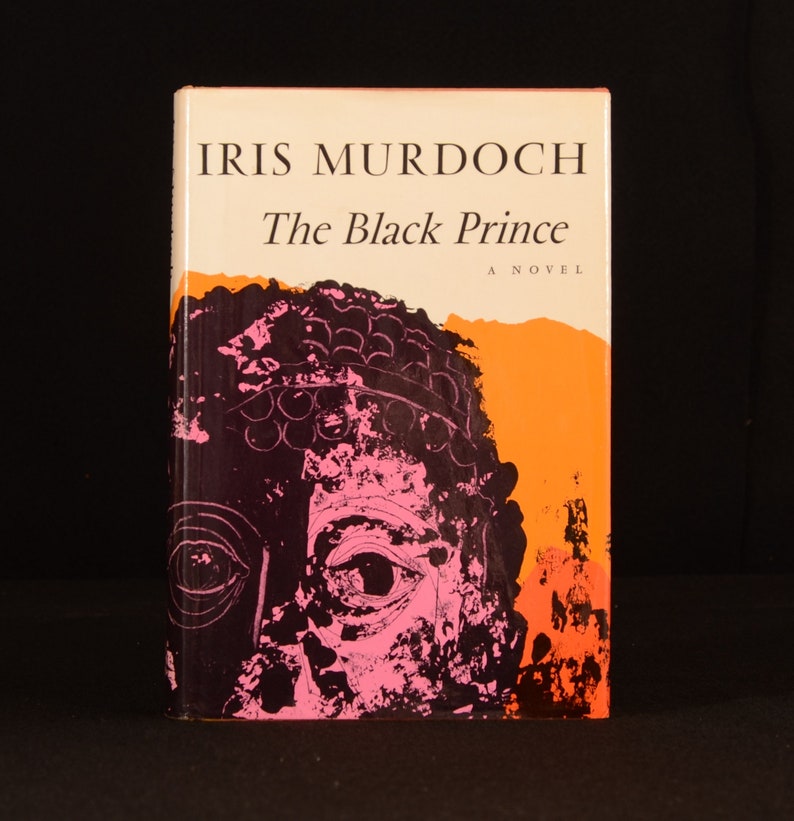
The main narrative section is presented to us by a fictional editor, P. Unlike those recent books in which she handsomely manipulates dozens of puppet like people in an ornate but di minishing design, “The Black Prince” has only six main characters and a psychologi cally complex hero‐narrator whose growth we follow and about whose fate we care. But the intricately patterned plot and the audacious symbolism come closer to being functions of character and action than they usually do in Iris Murdoch's fiction. Scenes of domestic frenzy mingle with reflections about the nature of art, and to cap the antic festivities there is last‐page shock guaranteed to leave everyone gasping.

Door bells still bring trouble, phone calls disaster, and omnipresent Eros has lost none of his disrespect for gender, age or custom.

Not that Miss Murdoch is any less preoccupied with her special blend of magic and suspense. Thinking back now on books like “The Unicorn,” “The Red and the Green,” “A Fairly Honourable Defeat” or “An Acci dental Man,” one is likely to remem ber situations not characters, mech anisms not worlds, Despite the in ventiveness of the situations and the brilliance of the design, Miss Mur doch's philosophy has recently seemed to do little more than make her people theoretically interesting.Ĭan an Iris Murdoch novel be house for free Characters to live in? Inevitably, “The Black Prince” raises the old question, but more than any Murdoch novel in years it gives something close to a reassuring an swer. Yet in practice, the more she talked about freedom and opaqueness, the more over‐de termined and transparent her novels seemed to become. In several eloquent essays, she has asked that novels be houses “fit for free characters to live in,” and has praised those 19th‐century realists Balzac, Tolstoy, George Eliot-who respected the impenetrability of in dividuals and the contingent world in which they move. This insubstantiality is usually traced to the thinness of Miss Mur doch's characters, an especially iron ical linkage, since she is a famous critic of the narrow view of person ality found in much of modern fiction.

Kermode) cannot quite for give her for failing to make the spirit flesh.īy Iris Murdoch. But as Frank Kermode has put it: each of her books contains “some where inside, the ghost of a major novel,” and some people (although not Mr.

Most readers agree that she offers an unusual com pound of pleasures: ingenious story telling, elegant design, the provoca tions of myth and philosophy - so many pleasures, in fact, that it may seem ungrateful to ask for still more. Grudging admiration has long been a common response to Iris Murdoch's fiction.


 0 kommentar(er)
0 kommentar(er)
